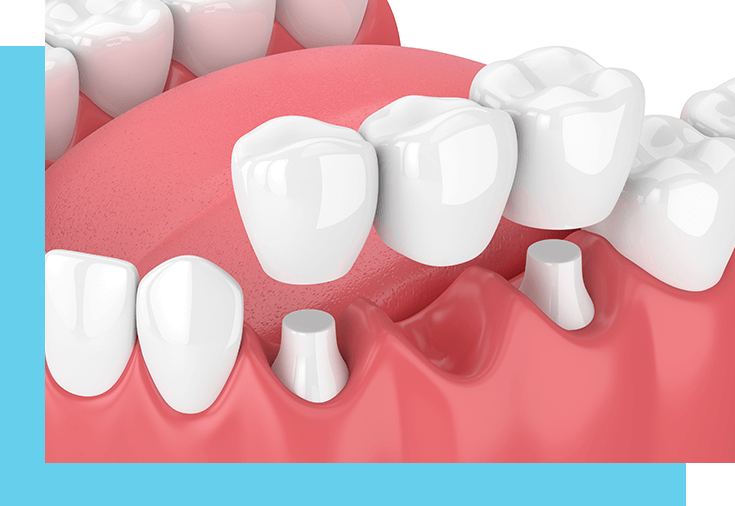Windsor Family Dental
Optimal Wellness Plan
We have you covered!
Enroll in our in-house dental membership plan today!
We have a plan for everyone.
Additional Benefits
12% OFFAdditional Treatment
1 panoramic or full mouth x-ray when indicated
* Invisalign, whitening gels and strips, and resale items excluded from the 12% discount
Adult (14 years & older)
$39/mo Save $422
Includes
2 Cleanings
2 Regular Exams
2 Fluoride Treatments
Routine X-rays
1 Emergency Visit (includes exam & x-ray)
Child (13 years & under)
$34/moSave $398
Includes
2 Cleanings
2 Regular Exams
2 Fluoride Treatments
Routine X-rays
1 Emergency Visit (includes exam & x-ray)
Perio - 3x per year
$67/moSave $663
Includes
3 Periodontal Maintenance Cleanings
2 Regular Exams
2 Fluoride Treatments
Routine X-rays
1 Emergency Visit (includes exam & x-ray)
Perio - 4x per year
$82/moSave $689
Includes
4 Periodontal Maintenance Cleanings
2 Regular Exams
2 Fluoride Treatments
Routine X-rays
1 Emergency Visit (includes exam & x-ray)

